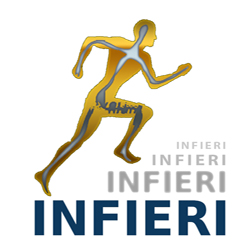Speaker
Description
Abstract: The lecture will review the Physics and environmental challenges to be confronted by experiments to successfully run at a high energy Muon (3 to 10 TeV) or a high energy Hadron proton-proton collider (100 or more TeV). This means new generation of tracking detectors (both microvertex, near the colliding region and outer detectors i.e. at large radius from the beam pipes), the calorimeters able to measure with high precision the energy deposits of the particles and to carry on the tracking of the particles (high granularity calorimetry), as well as the sophisticated triggering systems to select the events from a huge background and the data readout chain and data processing able to handle extremely large amount of data, all this in a rather "hostile" environment. The upgrades already underway for the High Luminosity LHC are pioneering advances in detectors technology as well as in the associated DSM electronics to build the "intelligent" front-end and in the data communication and big data to process the huge amount of data and extract the Physics results. This first stage in the upgrades of the LHC experiments (ALICE, ATLAS, CMS and LHCb) will be probably followed by a second stage upgrade towards 2035; this will be another step forward in the preparation of the experiments for these next generation accelerators.
To be noted: Hands-on Lab on detectors or related signal anddata processing R&D aspects for these future experiments are prepared for this school and will deepen the knowledge of the school attendants on the experimental challenges to be confronted in such accelerators environements (see INFIERI2023-Labs Booklett)
Lecturer: Dr Nadia Pastrone is the former Chaiperson of the 1st National Scientific Committee of INFN which coordinates the research activities of the institute in the field of high energy physics, former Head of the Italian participation to the CMS experiment at LHC.
Dr Pastrone is currently one of the leader and main instigator of the high energy Muon Collider project.(Text informed by the lecturer).
